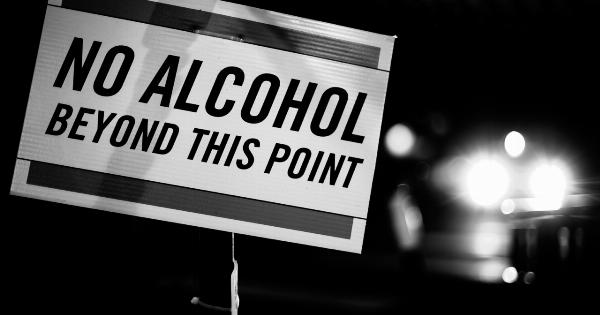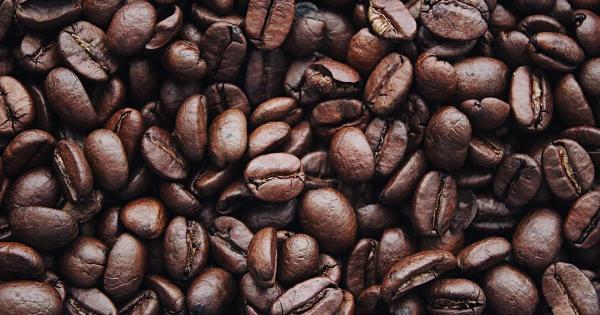Headaches after eating can be a common occurrence. They can range from mild to severe, and can be caused by a variety of factors. In this article, we will discuss some common causes of headaches after eating and how to prevent them.
1. Food Allergies and Sensitivities
One of the most common causes of headaches after eating is food allergies and sensitivities. Some people may be allergic to certain foods, which can trigger an immune response in the body. This can lead to inflammation in the brain, causing headaches.
Common food allergens that can cause headaches include dairy products, eggs, shellfish, and nuts.
In addition to food allergies, some people may also have food sensitivities. This means that they have a less severe reaction to certain foods, but they can still cause headaches.
Foods that commonly cause sensitivities include caffeine, chocolate, and MSG.
2. Dehydration
Dehydration is another common cause of headaches after eating. When your body doesn’t have enough water, it can lead to headaches, fatigue, and other symptoms.
Eating foods that are high in salt can also contribute to dehydration, as salt can draw water out of your body.
If you’re prone to headaches after eating, make sure to drink plenty of water throughout the day. Aim for at least eight glasses of water per day, and try to avoid foods that are high in salt.
3. Low Blood Sugar
Low blood sugar, or hypoglycemia, can also cause headaches after eating. When your blood sugar drops too low, it can lead to symptoms like headaches, dizziness, and fatigue.
This can happen if you eat foods that are high in sugar or refined carbohydrates, which can cause a rapid increase and then decrease in blood sugar levels.
To prevent headaches caused by low blood sugar, try to eat balanced meals that include protein, healthy fats, and complex carbohydrates. Avoid sugary snacks and drinks, and opt for whole foods instead.
4. Caffeine Withdrawal
If you’re used to having caffeine in your daily diet, suddenly cutting back or eliminating it can cause headaches. This is because caffeine is a stimulant that can affect blood flow and cause changes in blood pressure.
When you stop consuming caffeine, these changes can lead to headaches.
To avoid caffeine withdrawal headaches, try to gradually reduce your caffeine intake instead of cutting it out completely. You can also try substituting caffeine with other beverages like herbal tea or water.
5. Tension Headaches
Tension headaches are a common type of headache that can be brought on by stress, anxiety, or muscle tension in the neck and shoulders. Eating certain foods can also trigger tension headaches in some people.
Foods that commonly cause tension headaches include processed meats, aged cheese, and foods that contain nitrates or MSG. To prevent tension headaches, try to eat a healthy diet that’s rich in fruits, vegetables, whole grains, and lean protein.
Avoid processed foods and foods that are high in salt and sugar.
Conclusion
Headaches after eating can be a frustrating and uncomfortable experience. If you’re prone to headaches after eating, try to identify what might be causing them and take steps to prevent them.
Common causes of headaches after eating include food allergies and sensitivities, dehydration, low blood sugar, caffeine withdrawal, and tension headaches. Eating a healthy diet, staying hydrated, and avoiding trigger foods can help reduce the frequency and severity of headaches after eating.































